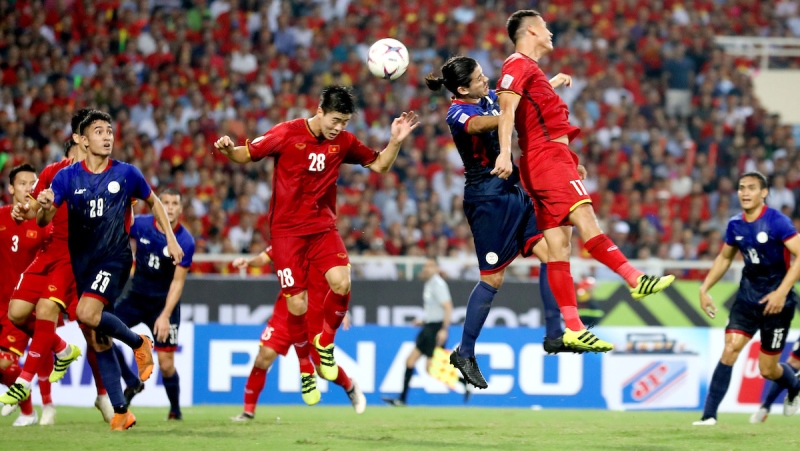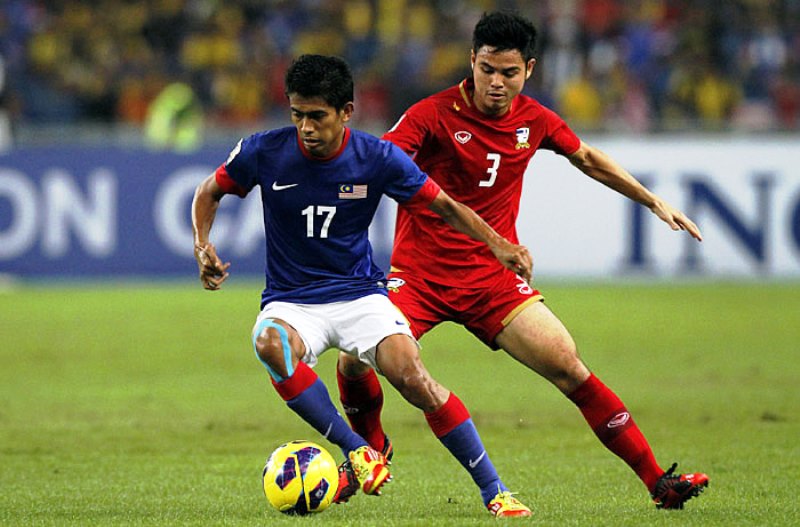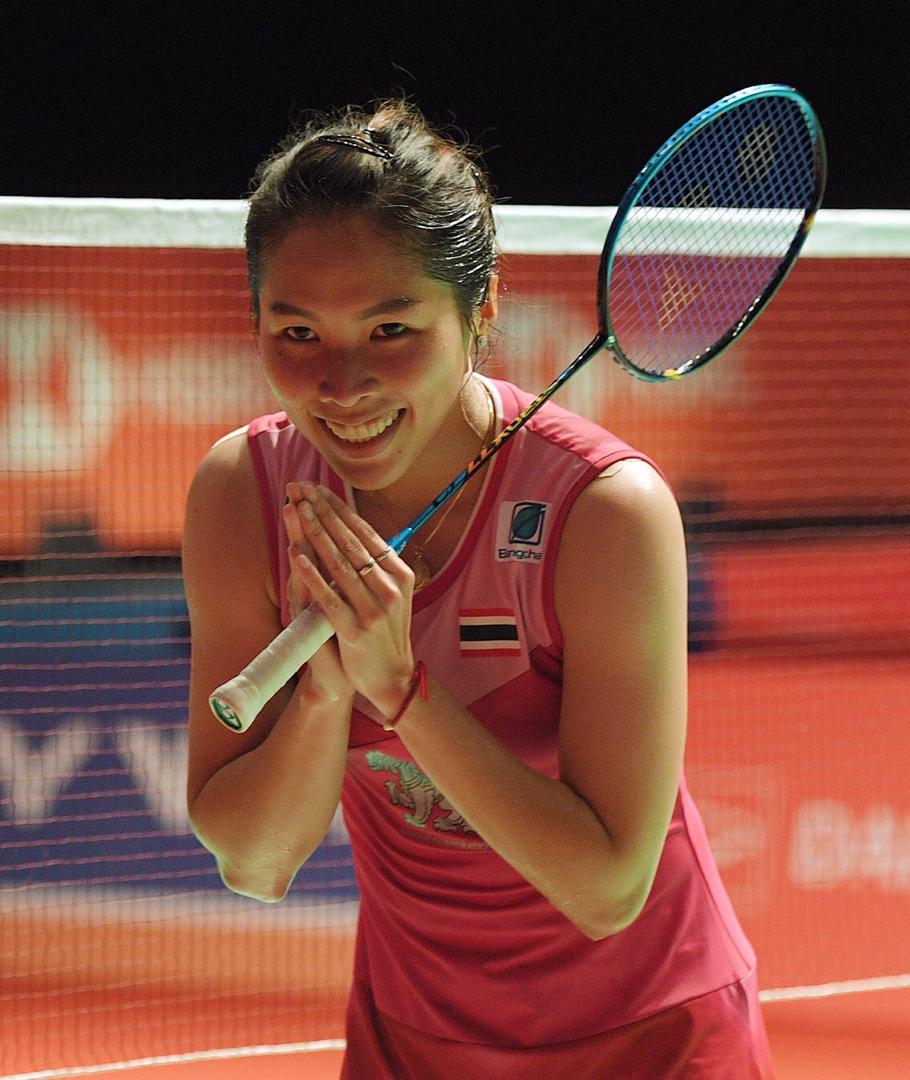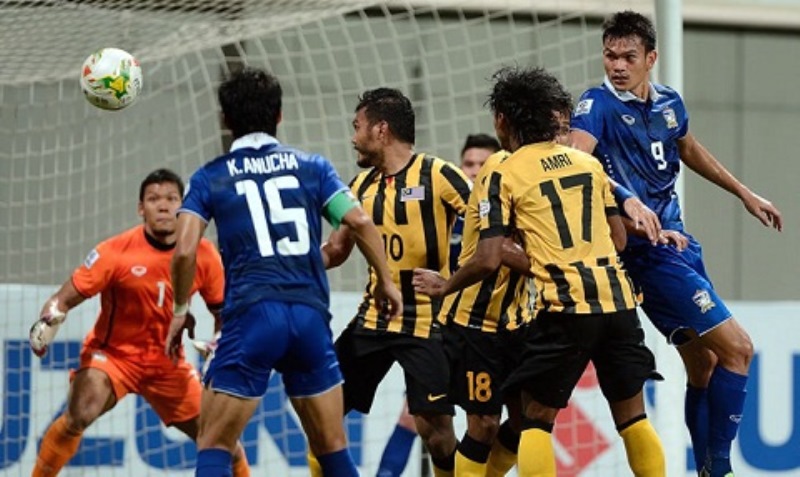 The initial success of the AFF Suzuki Cup has given rise to the biennial championship being considered as the ASEAN Cup.
The initial success of the AFF Suzuki Cup has given rise to the biennial championship being considered as the ASEAN Cup.
The number of spectatorship has been on the rise across the board and certainly, the level of competition has gone a notch higher.
It is no longer just a competition at the end of every two years, it is a venue for national teams to gain pride and also make an impression as to the quality of their football.
Some interesting facts at the end of the tenth editions of the AFF Suzuki Cup –
The 2007 edition was the only one without a main sponsor
It is the only edition to be called AFF Football Championship
Vietnam became only the third team to win the title after Thailand and Singapore following their victory in 2008
Malaysia joined the exclusive club after taking the title in 2010
Singapore were the first team to win a record fourth title after winning it in 2012 to add to the titles they won in 1998, 2004 and 2007
Radojko Avramobic became the first coach to win three titles after winning it in 2004, 2007 and 2012
Kiatisuk Senamuang became the first to win the AFF Suzuki Cup title as a player (1996) and as a manager (2014)
Philippines made the semifinals of the AFF Suzuki Cup for the first time in 2010. They then went on to qualify for the next two editions in 2012 and 2014
Noh Alam Shah from Singapore was the only player to have won the Most Valuable Player (MVP) and also also the Top Goalscorer award in the same edition. He achieved that feat in 2007
Noh Alam also scored the most goals in the history of the AFF Suzuki Cup with 17 goals in the history of the competition.
He is also the top scorer in a single competition with 10 goals at the 2007 edition
Thailand’s Chanathip Songkrasin was the only player to have won back to back MVP Awards in 2014 and 2016
The 2008 edition of the AFF Suzuki Cup had three players having to share the Top Goalscorer Award through Budi Sudarsono (of Indonesia), Agu Casimir (Singapore) and Teerasil Dangda (Thailand)
Teerasil would go on to win the Top Goalscorer Awards twice more in 2012 and 2014

Thailand were the inaugural winners
The first qualifying round was introduced in 1998
Thailand were the first team to win back to back titles in 2000 and 2002. Singapore joined the club with victories in 2004 and 2007
First co-hosts were in 2002 – with Indonesia and Singapore
The 2004 edition was the first spillover – 7 December 2004 to 16 January 2005
Brunei did not take part in four editions – 2000, 2002, 2004 and 2010
Timor Leste made their debut at the AFF Suzuki Cup in 2004
The year 2004 was also the first time a two-legged semi-finals/finals were introduced
Myanmar qualified for the semifinals of the AFF Suzuki Cup for the first time in 2004






























